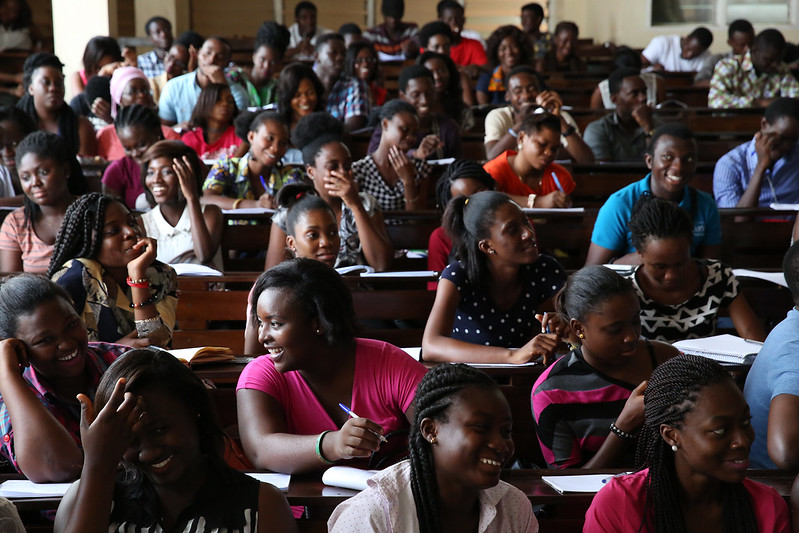Renewed call by LDC Group for climate finance spending at local level

Sonam P. Wangdi, Chair of the Least Developed Countries (LDC) Group on Climate Change, opened the Community Based Adaptation Conference (CBA14) this week with a renewed call for donors and governments to channel climate finance to local actors.
His intervention built on the LDC Compact, launched at UNFCCC COP25 in Madrid, Spain and the LDC 2050 Vision, launched at Climate Week one year ago.
The LDC Compact states that: “all Least Developed Countries [will] be on climate-resilient development pathways by 2030 and deliver net-zero emissions by 2050 to ensure our societies and ecosystems thrive.”
The LDCs are calling for “increasing the flow of climate finance to the local level to 70% of the total,” Mr Wangdi said. When the funds are locally spent, they can have more transformational effects.
According to research by IIED, only ten percent of climate finance reaches local actors at present. Out of the US$17.4 billion total committed by international climate funds, less than 10% ($1.5 billion) was approved for locally-focused climate change projects between 2003 and 2016.
Yet, the impacts of climate change are affecting vulnerable communities more than ever before.
“Despite the [coronavirus] pandemic, the impacts of climate change continue to be clear and increasing,” H.E. Sonam P. Wangdi told CBA14. “While fires are burning in California, intense flooding has damaged homes and destroyed livelihoods in Sudan, India, Yemen, Bangladesh and many more other locations. Climate change adaptation is as important as it has ever been.”
Not only is climate finance failing to reach the grassroots. Humanitarian funding suffers a similar fate. A recent Oxfam report revealed that less than 2 percent of humanitarian funding reaches local actors.
LIFE-AR initiative is championing solutions to strengthen local actors
Also speaking at CBA14, Gebru Jember Endalew, the Former Chair of the LDC Group, said that multilateral development banks have measured their success in terms of billions of dollars in climate finance disbursed, including in LDCs. However, “we don’t see much impact on the ground,” he said. Rather, “we are in a vicious cycle of poverty” because communities are treated as beneficiaries or targets, rather than co-designing and co-owning climate projects and programmes.
The Least Developed Countries (LDC) Initiative for Effective Adaptation and Resilience (LIFE-AR) is trying to address the misalignment between spending and results by “moving from Business As Usual to Business Unusual,” Mr Jember added.
LIFE-AR has already delivered a robust review of evidence on effective adaptation and resilience interventions in Least Developed Countries to date (French version). The LDC Group is also championing initiatives such as the following – Mr Jember said:
The LDC Renewable Energy and Energy Efficiency Initiative for Sustainable Development (LDC REEEI), which promotes sustainable renewable energy solutions for people-centred development;
and
Least Developed Countries Universities Consortium on Climate Change (LUCCC), a South-South Consortium of ten universities from LDCs, working to enhance knowledge on climate change with a focus on education and research.
Let us use this moment for good
H. E. Sonam Wangdi stressed that the world must use the disruption caused by the coronavirus pandemic to reset development policies, practices and finance flows:
“We must use this moment to understand the challenges that we can scale up climate finance to the level necessary, and scale up technology or nature based solutions through policy that is inclusive and builds resilient, prosperous societies. We must continue to build ambition on top of previous commitments under the Paris Agreement, so that at COP26 in 2021 we will be able to secure an agreement that safeguards a resilient future for LDCs.”
Image: Students, courtesy World Bank